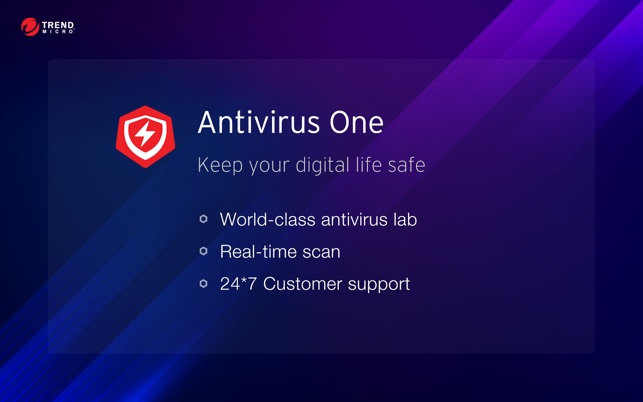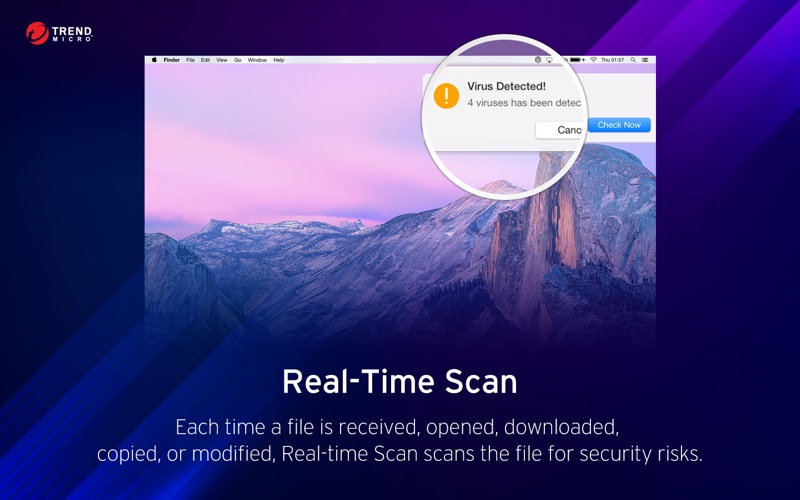As technology advances, so do the methods used by cybercriminals to carry out their malicious activities. One such method that is becoming increasingly common is the use of fake ChatGPT websites and apps to infect your devices with malware.

In this article we’ll explore ChatGPT scams, and provide some top tips for protecting your devices from malware. We’ll also recommend some popular and trustworthy antivirus apps to help you keep your devices safe.
Here Come the ChatGPT Imposters
ChatGPT is a language model developed by OpenAI that can engage in natural language conversations with users. Unfortunately, cybercriminals have taken advantage of its popularity to create fake sites or apps. Cybersecurity experts have found 100+ of domains and 50+ apps that use the term “ChatGPT” to fool people.
These fake ChatGPT sites and apps can trick you into installing malware onto your device. This malware can take different forms, but two common types are ransomware and spyware.
Ransomware encrypts your files, making them inaccessible, and extorts a ransom payment in exchange for the decryption key. Spyware, on the other hand, allows cybercriminals to monitor your activities on your device, including your keystrokes, browsing history, camera, and microphone.
How Malware Gets onto Your Devices
Cybercriminals can use the ChatGPT name or its reputation to create phishing emails or messages to trick users into downloading malware. Here are a few examples:
- ChatGPT Pro or ChatGPT Premium: Cybercriminals may use the names “ChatGPT Pro” or “ChatGPT Premium” to trick users into downloading malware. These fake applications claim to offer advanced features or enhanced performance compared to the original ChatGPT application.
- ChatGPT-based phishing emails: Cybercriminals can send phishing emails that appear to come from ChatGPT or its affiliates. These emails may contain links or attachments that will download malware onto the user’s device.
- ChatGPT-based social engineering attacks: Cybercriminals can use ChatGPT to create chatbots that can impersonate real people or organizations. These chatbots can be used to carry out social engineering attacks, such as tricking users into downloading malware onto their devices.

Once the malware is installed, it can do serious damage to your devices and your personal information. Malware can also spread to other devices on your home and/or work network.
Protect Your Devices with Antivirus One
To protect your devices from fake ChatGPT sites, apps and other types of malware, it’s important to be vigilant and keep your device updated with the latest security patches. This will help to close any vulnerabilities that cybercriminals may exploit to install malware on your device.
Antivirus apps are an essential tool for protecting your device from malware. One antivirus app that we recommend is Antivirus One.

This app offers real-time protection against malware and other security threats, making it an effective solution for safeguarding your device and personal information. It uses advanced scanning technology to detect and remove the latest viruses, Trojans, spyware, and other types of malware, before they can cause damage to your device or personal identity.

As the threat of malware grows, it’s important to take proactive measures to protect your devices from fake ChatGPT apps and other forms of cyberattacks. With Antivirus One, you can use ChatGPT and other technologies safely and securely, without the fear of falling victim to cybercriminals.







